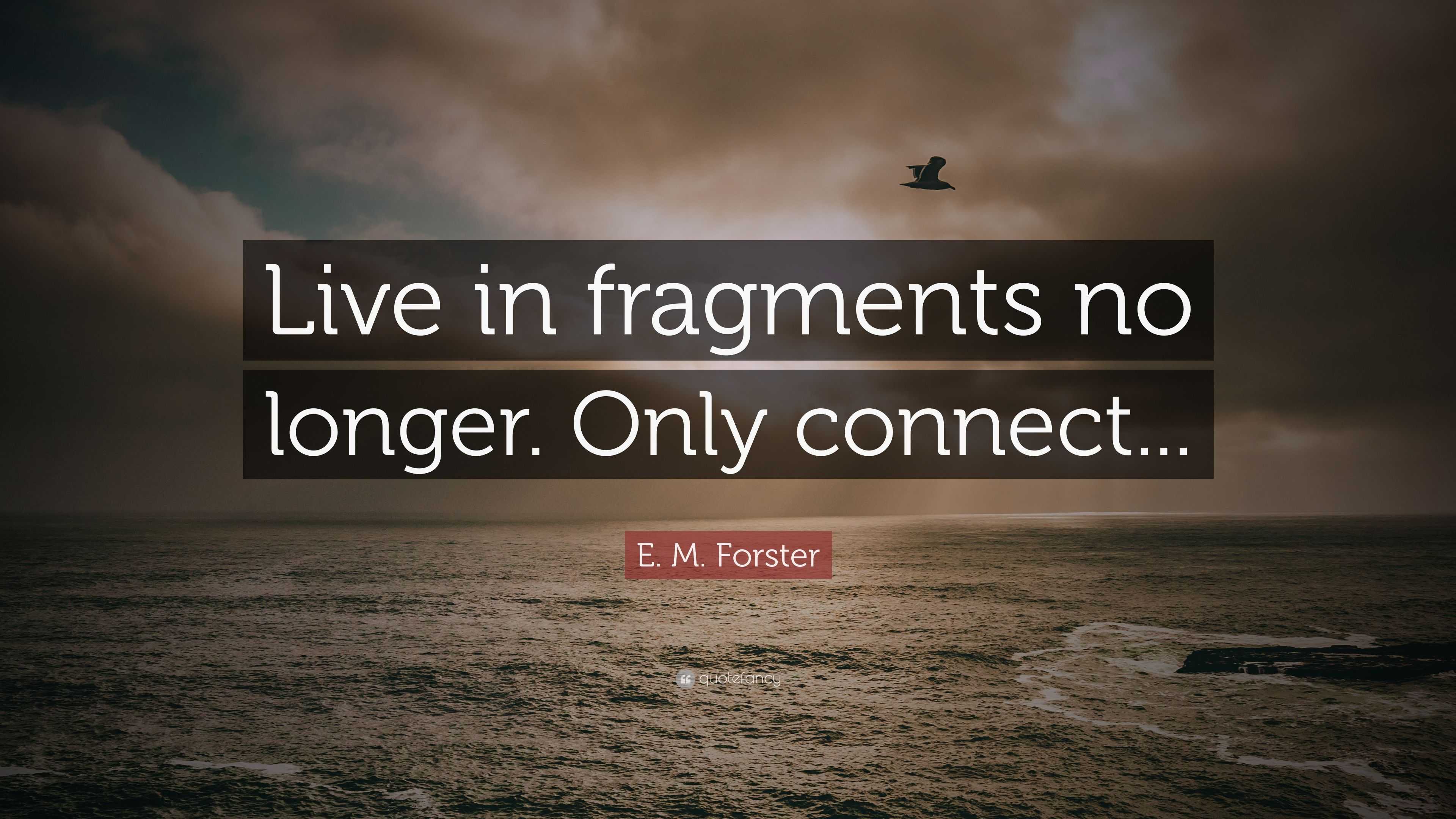
(Chan’s vision of the future includes a believably infuriating gap between advancements in consumer tech and those in more basic medical or social care.) But Tao-Yi struggles with a nebulous sadness, certain that with the loss of their tactile connection goes something fundamental to their bond. For him, uploading is a salvation, a no-brainer: only in virtual reality can he be his authentic self, not held back by the painful betrayals of his body. Navin has a debilitating health condition, which both complexifies and simplifies the equation. Stories to save the world: the new wave of climate fiction A century and a bit later, Chan’s relationship to cyberspace is understandably more ambiguous.
The story’s very bleak ending is easily read – especially coming from EM “only connect” Forster – as tech-phobic. He thinks the Machine has robbed humanity of “the sense of space and of the sense of touch”. Her son’s claustrophobia merely annoys her – she thinks he is a stubborn and backward heretic. Is her reluctance just nostalgia? What, exactly, is she worried about leaving behind? In digitalising the mind-body problem, Every Version of You transposes it into a literal and very material question: if you could leave your body, would you? In his unsettling 1909 story, The Machine Stops, EM Forster comes at this question from the other side: if you could return to the physical world, would you? In Forster’s story, a woman lives contentedly in her small pod below the earth, washed, dried and fed while she swaps “elevated” ideas with like minds in other pods around the world. The book’s central quartet, Tao-Yi and her boyfriend Navin, and their friends Zach and Evelyn, live so much of their lives there that when the technology arrives to allow full “upload”, it feels like a foregone conclusion.

Most people who can afford it spend their mornings climbing into gel-filled pods to log into a fun, more beautiful edition of Earth called Gaia, where advanced coding offers the sensation (or at least, a sensation) of taste, smell and even touch. The planet is, to not put too fine a point on it, “spent”.

Grace Chan’s first novel opens in Melbourne in the late 2080s.


 0 kommentar(er)
0 kommentar(er)
